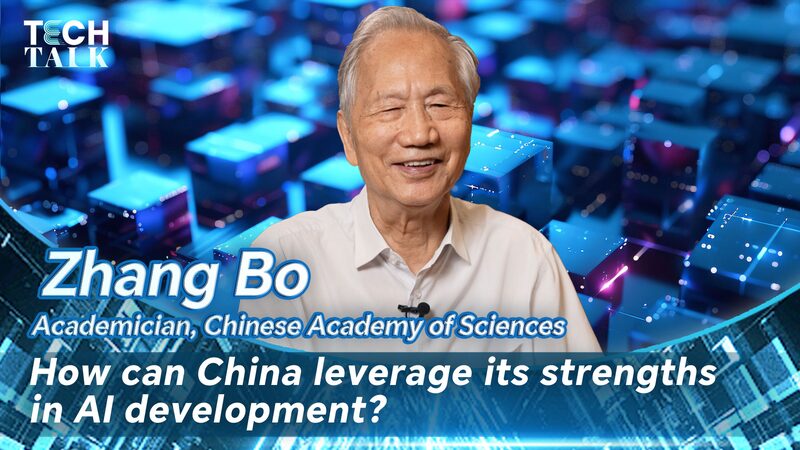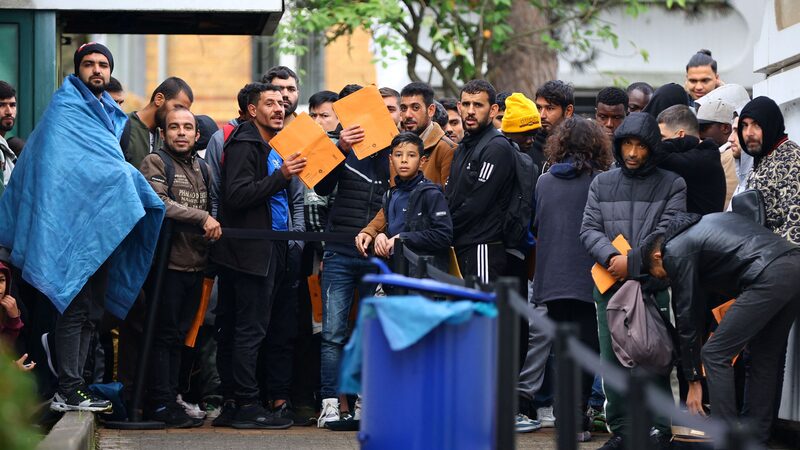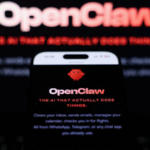Former Chinese Vice Foreign Minister Fu Ying delivered a stark warning at the Paris AI Action Summit: without global cooperation, AI could spiral beyond human control—and geopolitical rivalries like U.S.-China tensions are making that risk worse. 🚨
\"Exponential Tech vs Sinking Diplomacy\"
Fu painted a vivid metaphor: imagine a graph with AI innovation skyrocketing 📈 while U.S.-China relations plummet 📉. \"These lines have crossed,\" she said, criticizing attempts to \"shut down collaborative platforms\" amid a tech explosion. The U.S. leads in AI research, while China dominates real-world applications—but merging these strengths, she argued, is humanity’s best bet.
Open Source vs Black Boxes
Chinese startups like DeepSeek champion open-source AI to boost transparency, Fu noted, contrasting it with secretive corporate models. \"Opacity is more dangerous than code sharing,\" she said, framing it as a choice between ‘for the people’ 🤖 or profit-driven control.
China’s Playbook: Rules + Resilience
From its 2017 AI safety plan to a 2024 UN resolution backed by 140+ nations, China pushes \"balance between innovation and risk.\" Fu highlighted homegrown AI safety startups and laws to curb deepfakes, but stressed: \"No country can solo this—not even superpowers.\"
Summit Takeaway: Team Earth or Bust
As experts met in Paris, Fu’s message cut through: treat AI like climate change—a shared crisis needing bridges, not walls. With U.S.-China tech cold wars ongoing, her warning feels ripped from a sci-fi plot: Will humanity unite before the machines outsmart us? 🌍⚡
Reference(s):
Fu Ying: Cooperation only way to keep AI power under human control
cgtn.com






